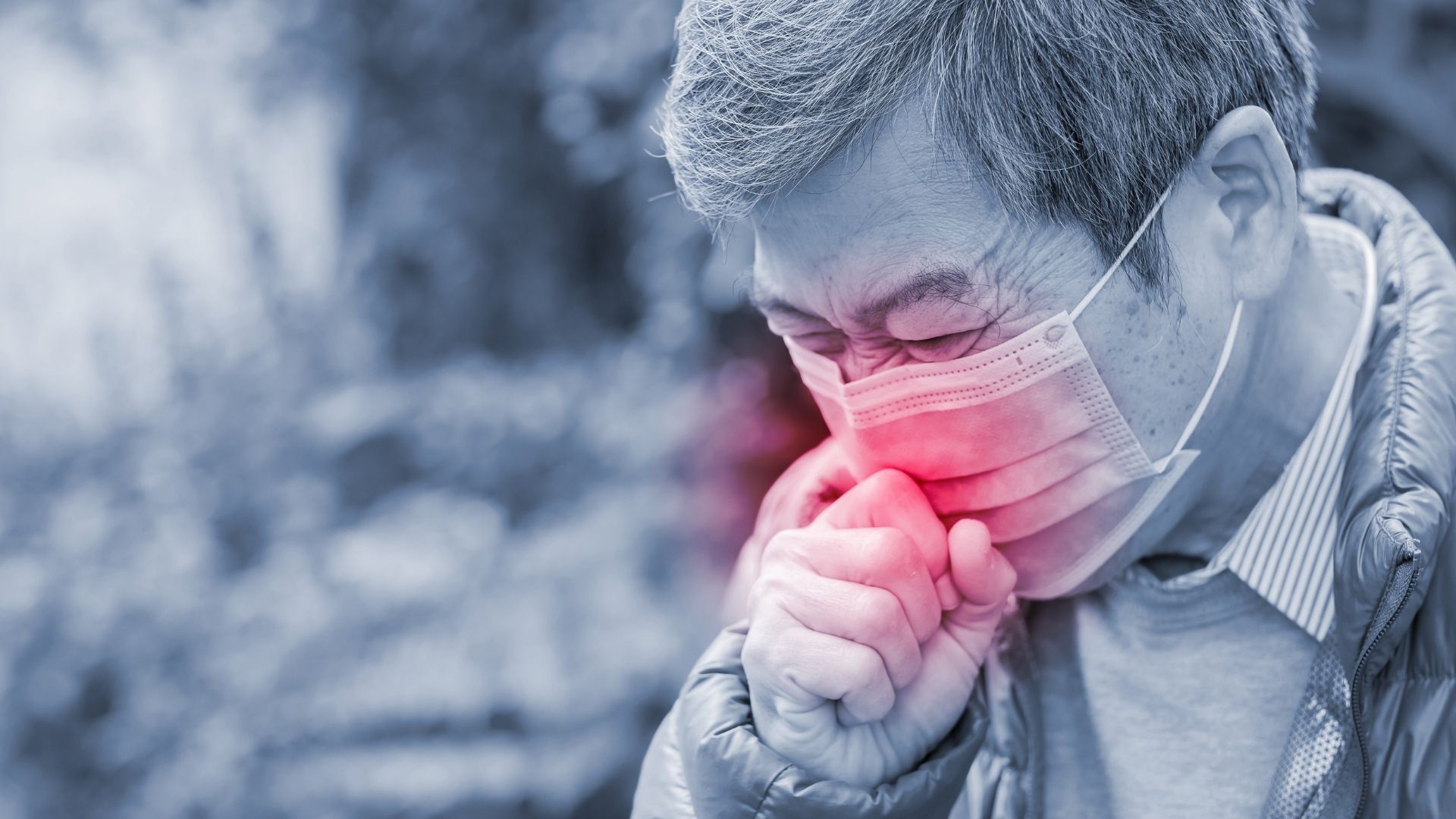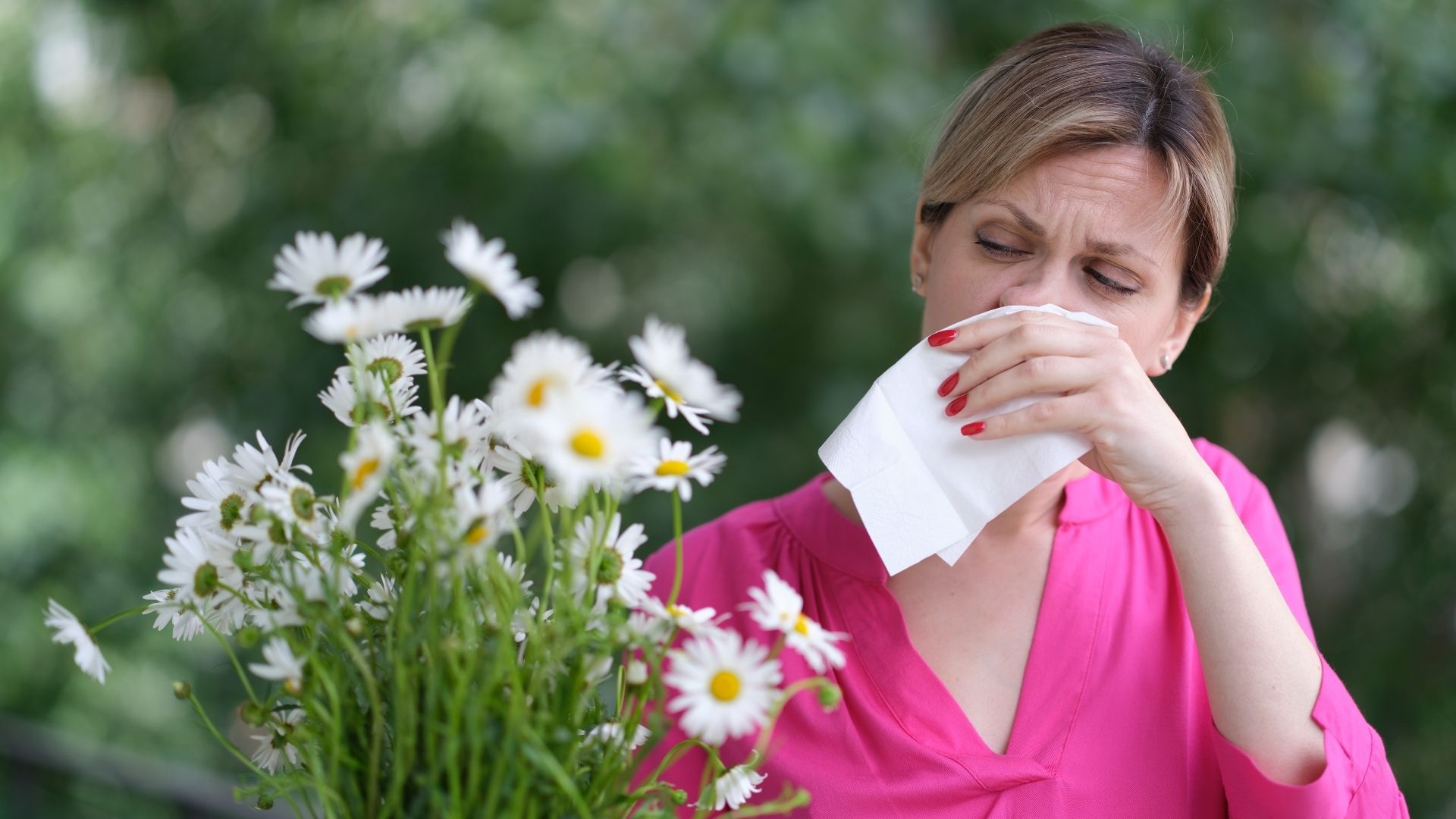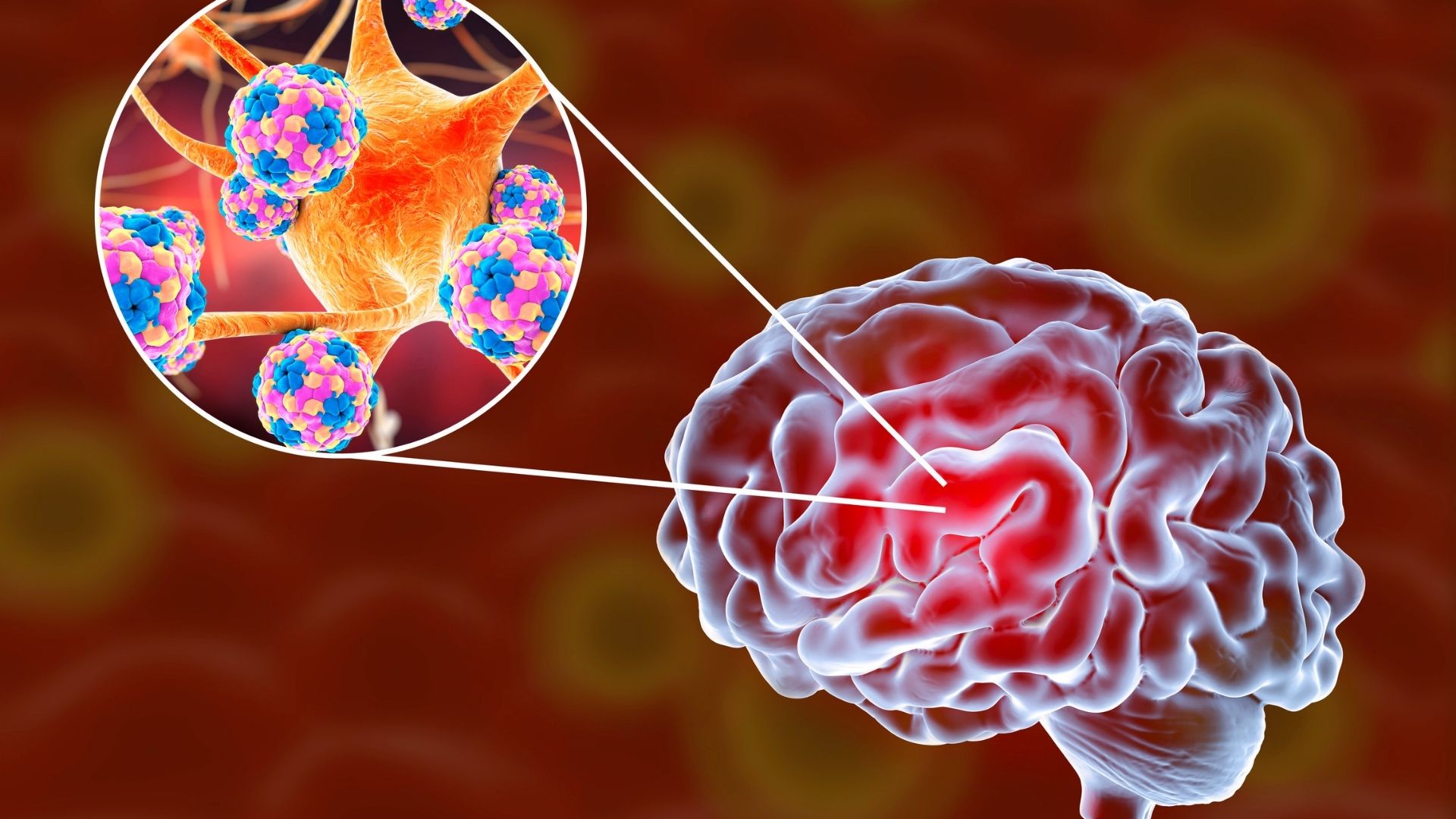What is hay fever (allergic rhinitis)?
Hay fever is a health problem that occurs as a result of seasonal allergies. It is also known as allergic rhinitis or hay fever. This condition is characterized by symptoms such as nasal congestion, runny nose, itchy and watery eyes, sneezing attacks and symptoms of sinus pressure. These symptoms are often similar to those of the common cold, but hay fever is not caused by a virus.
Hay fever is caused by the body’s allergic reactions to allergens such as pollen, dust mites, cat and dog hair and dandruff. Symptoms can occur throughout the year, regardless of the season, and allergies can even develop to environmental factors such as air pollution, perfume odors or car exhaust. Hay fever can affect your daily life, negatively affect your school or work performance and limit your quality of life.
Who is more likely to get hay fever?
Hay fever can occur at any age, but is most common in people between the ages of 18 and 25. It is important to note that genetic predisposition plays an important role, as about half of hay fever cases are associated with a family history.
What Causes Hay Fever?
Hay fever is a type of allergic rhinitis in which the body perceives harmless substances from the environment as harmful. When you come into contact with these harmless substances, the body produces antibodies and these antibodies cause allergic reactions. Risk factors for hay fever include a family history of allergies, asthma or atopic dermatitis, smoking in the home, a mother who smoked during infancy, air pollution and being the first child in the family.
Complications of Hay Fever
Hay fever can reduce your quality of life and lead to various complications. These complications can include
Reduced quality of life: Hay fever can interfere with your daily activities and negatively affect your productivity.
Problems with poor quality sleep: Hay fever can make it difficult for you to fall asleep and increase your tiredness during the day.
Worsening of asthma symptoms: Hay fever can exacerbate asthma symptoms.
Sinusitis: It can lead to nasal congestion and infections of the sinuses.
Ear infections: It can contribute to middle ear infections.
Symptoms
Hay Fever Symptoms
Symptoms of hay fever may include: runny and stuffy nose, watery and itchy eyes, sneezing attacks, coughing fits, nasal discharge, fatigue, swollen under eyes, itchy throat and larynx. Symptoms of allergic rhinitis can start or worsen at different times of the year. These symptoms can be caused by contact with various allergens such as pollen, dust mites, pet dander, fungi.
Diagnostic Methods
Hay Fever Diagnostic Methods
Doctors can use different methods to diagnose hay fever. These diagnostic methods include the following:
Skin Test: Small amounts of allergenic substances are applied to the skin, then allergic reactions are observed. If there is an allergy, rashes appear in the contact area.
Blood Test: To measure your immune system’s response to certain allergens, a blood sample is taken and the amount of antibodies is measured.
Limit Your Exposure to Allergens
Although it is not possible to completely avoid exposure to allergens, you can limit the duration of exposure to reduce your symptoms. Also, knowing which allergens you are sensitive to can help you avoid them.
If you are allergic to pollen or mold:
Keep doors and windows closed as much as possible during the spring and fall months when pollen is more potent.
Avoid hanging your laundry outside, as pollen can stick to sheets and towels.
Choose air conditioners for home and car and make sure the filters are changed regularly.
Avoid being outdoors in the morning when pollen levels are high.
Stay indoors on dry and windy days.
Use a dust mask when cleaning the house.
Prevent mold growth in your home and garden by keeping plants to a minimum.
If you are allergic to dust mites:
Choose allergy-resistant products for your bed linens.
Wash your sheets and blankets in hot water at least 60 degrees.
Turn on extractors when cooking and do not dry washed clothes indoors.
If you are allergic to animal hair:
Avoid keeping pets in your home.
Keep pets away from your bedroom and furniture.
Treatment Methods
Hay fever treatment methods
Treatment for hay fever starts with limiting exposure to allergens. Over-the-counter medicines may be sufficient for people with mild symptoms. For those with more severe symptoms, prescription medicines may be needed. You may need to try several different medicines to determine which one works best for you. You should consult your doctor about treating hay fever in children.
The following treatment options can also be considered:
Allergy shots (immunotherapy): If medications fail to relieve symptoms or cause side effects, your doctor may recommend immunotherapy. This treatment involves regular injections to make the body tolerant to certain allergens.
Sublingual Allergy Tablets: Instead of getting vaccinated against allergens, you can use anti-allergens in pill form that dissolve in the mouth on a daily basis.
Flushing Your Sinuses: Flushing the nasal passages can be an effective way to relieve nasal congestion.
If left untreated, hay fever can lead to problems such as nasal congestion, snoring, attention deficit in children, anxiety and depression in adults.




